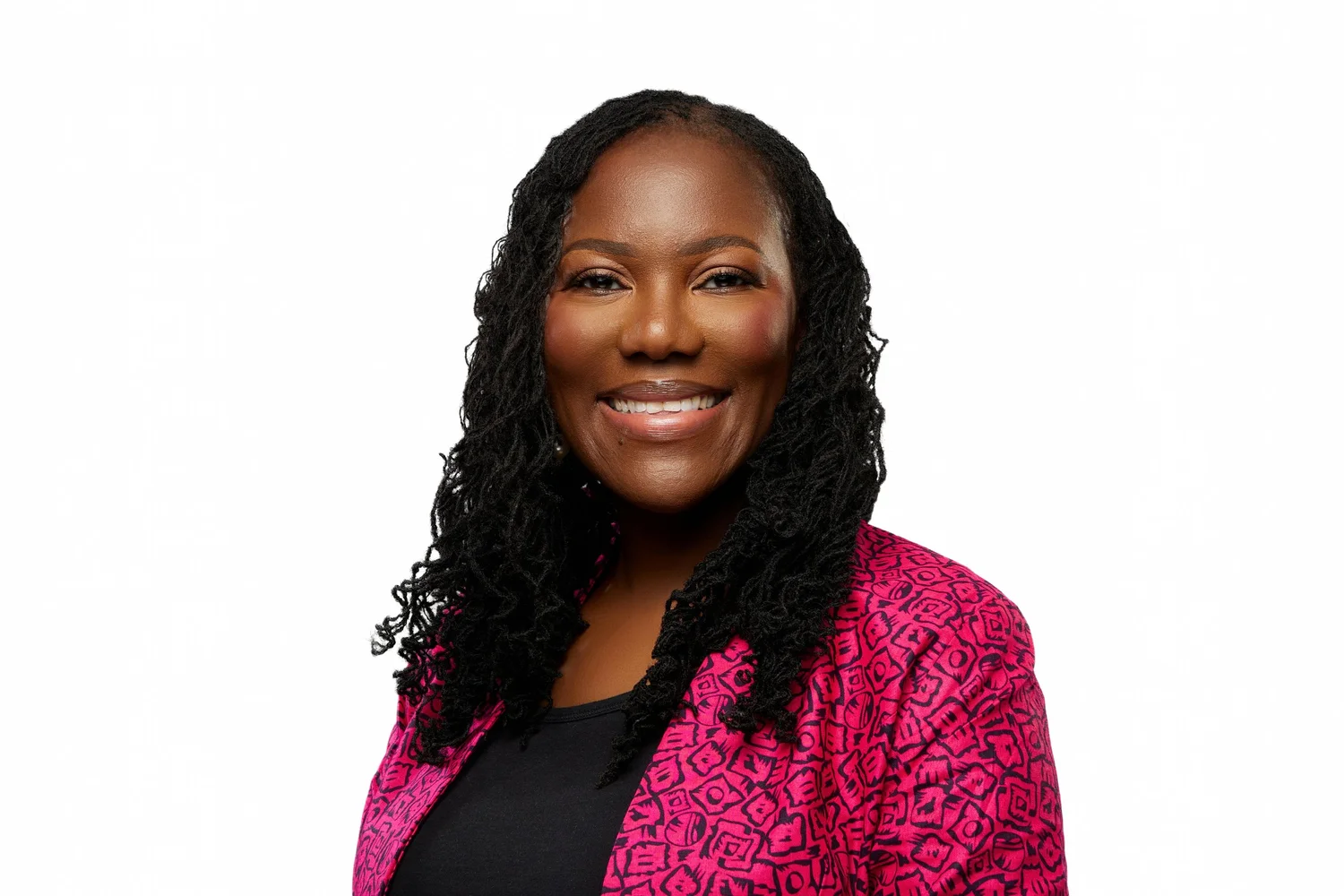Dear Beyoncé,
We are thrilled to learn that you have launched the Formation Scholars Program to celebrate the one-year anniversary of Lemonade. The album is a beautiful exploration of the hopes, dreams, pain, and survival of black women. The scholarship program is a fitting tribute to black womanhood and recognizes black women as intellectual thinkers, scholars, and creators.
As African American women’s historians, we write to ask that you consider including Bennett College in Greensboro, North Carolina, as one of the participating schools in the Formation Scholars Program. Bennett is one of only two historically black women’s colleges in the United States. Founded in 1873 as a coeducational institution, Bennett has made the broadening of perspectives and development of leadership skills of black women its focus since 1926.
Bennett College women have been in formation for nearly a century. In 1937, black women at Bennett organized a boycott of discriminatory movie theaters in North Carolina. It was women at Bennett who laid the groundwork for the 1960 student sit-in movement that revolutionized the South. These young women put their educations and bodies on the line and challenged segregation in public accommodations. At one point during the spring of 1963, more than 40 percent of Bennett’s student body sat in jail after participating in civil rights demonstrations. While most HBCU administrations punished students for participating in such political work, Bennett’s then President, Dr. Willa B. Player, supported her students’ activism, taking their assignments to them in jail and refusing to force them to return to campus on bail.
Bennett women make a difference. Dr. Player was the country’s first black woman college president with an earned Ph.D. Under her tenure, Martin Luther King, Jr. found a safe space to teach and lecture at Bennett when other schools and churches rebuffed him out of fear of racist attacks. Among the alumnae who graduated prepared to meet the challenges of their communities and our nation are Carolyn Robertson Payton, the first woman and first African American to serve as Director of the Peace Corps, and Dorothy L. Brown, the first black woman surgeon in the southern United States and the first black woman to serve in the Tennessee State Legislature.
More recently Bennett alumna Evette Dionne was named senior editor at Bitch Media and alumna Delrisha White successfully solicited a $45,000 gift to Silicon Valley Children’s Fund to support children in the foster care system. Countless other Bennett women have won prestigious awards and fellowships, attended Ivy League and top ranked graduate programs, were elected to political offices, and serve as academic experts in a variety of fields of study. These are but a few of the accomplishments of Bennett alumnae.
Despite all of the remarkable things Bennett women have accomplished and despite the institution’s legacy as a stellar institution full of committed faculty and staff, Bennett is struggling financially. This year we organized a fundraising campaign to support the institution because all of us wholeheartedly believe in its mission. This and other fundraising efforts have successfully solicited donations, but Bennett needs more.
Including Bennett in your Formation Scholars Program would enable a Bennett woman to continue to attend Bennett without financial strain and would help raise the profile of the College so that more donations could be successfully solicited. Finally, and we ask only because we sincerely believe that Bennett is a special place where Black women can be educated in a society that generally does not value their existence, would you consider giving more? Like your album Lemonade, Bennett College is an oasis for Black women. It is a space where their creativity, their feminism, their political awareness, their intellectual ambitions, and so much more come to be nurtured and grow.
With All Our Sincere Respect and Love for Bennett College,
Crystal R. Sanders, Ph.D.
Assistant Professor of History and African American Studies Pennsylvania State University
Martha Jones, Ph.D.
Presidential Bicentennial Professor
Professor of History and Afroamerican and African Studies and Co-director, Michigan Law Program in Race, Law & History University of Michigan
Deirdre Cooper Owens, Ph.D.
Bennett College ‘94
Assistant Professor of History Queens College, CUNY
Jennifer Ash, Ph.D. Candidate
Department of History, University of Illinois at Chicago and Former Instructor of History, Bennett College
Phyllis Worthy Dawkins, Ph.D.
Interim President Bennett College
#BlessBennettBey #hotsauce #FormationScholars








